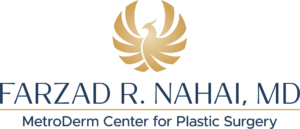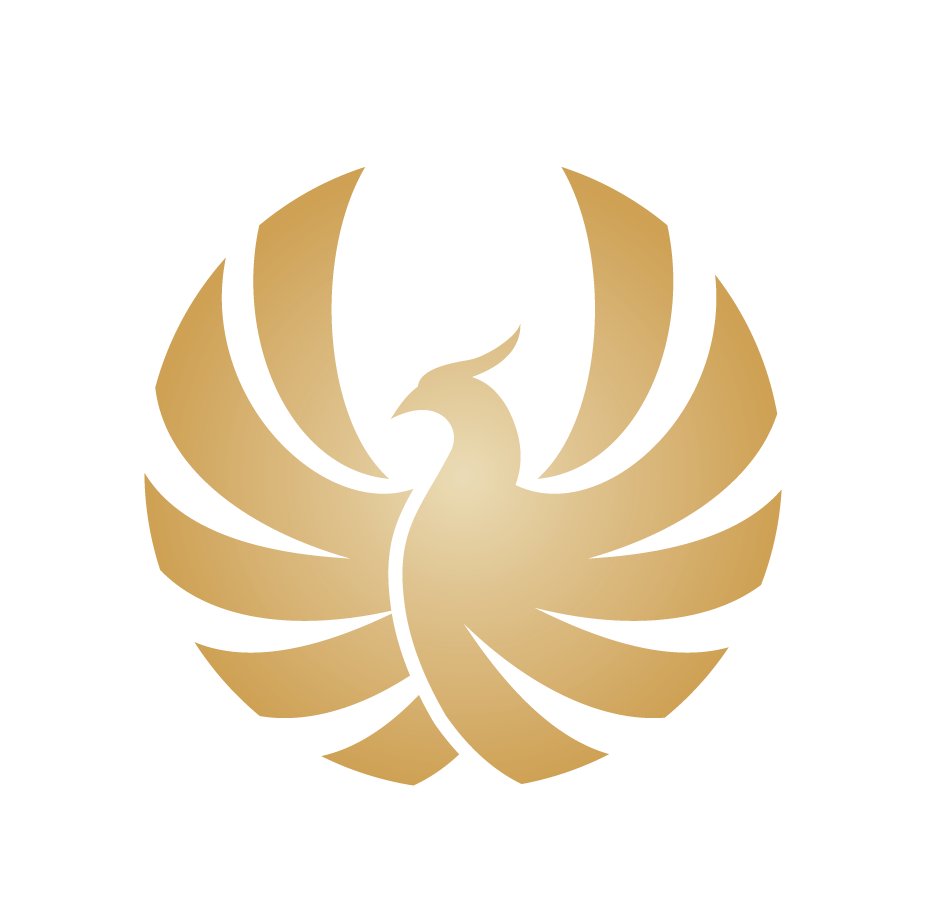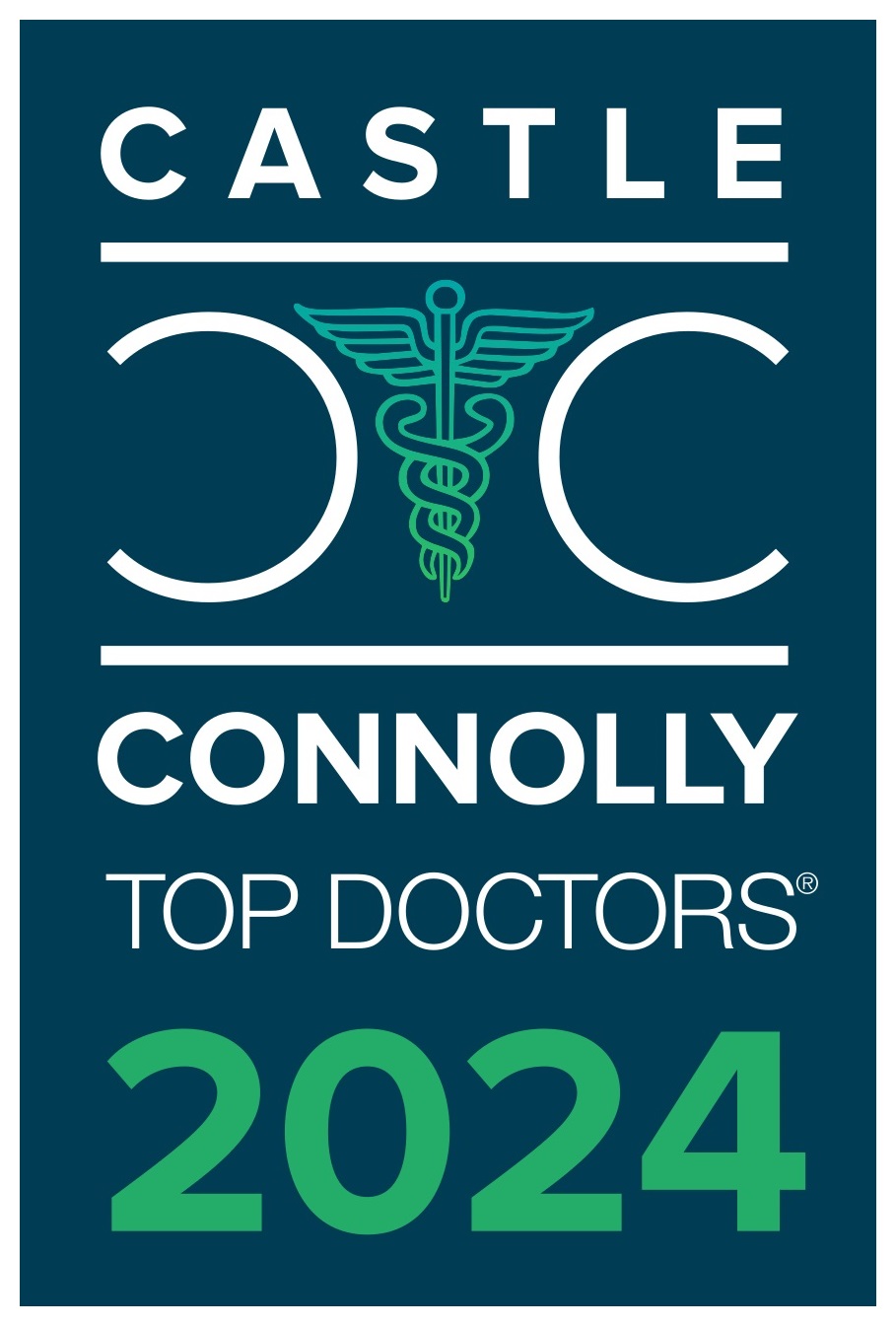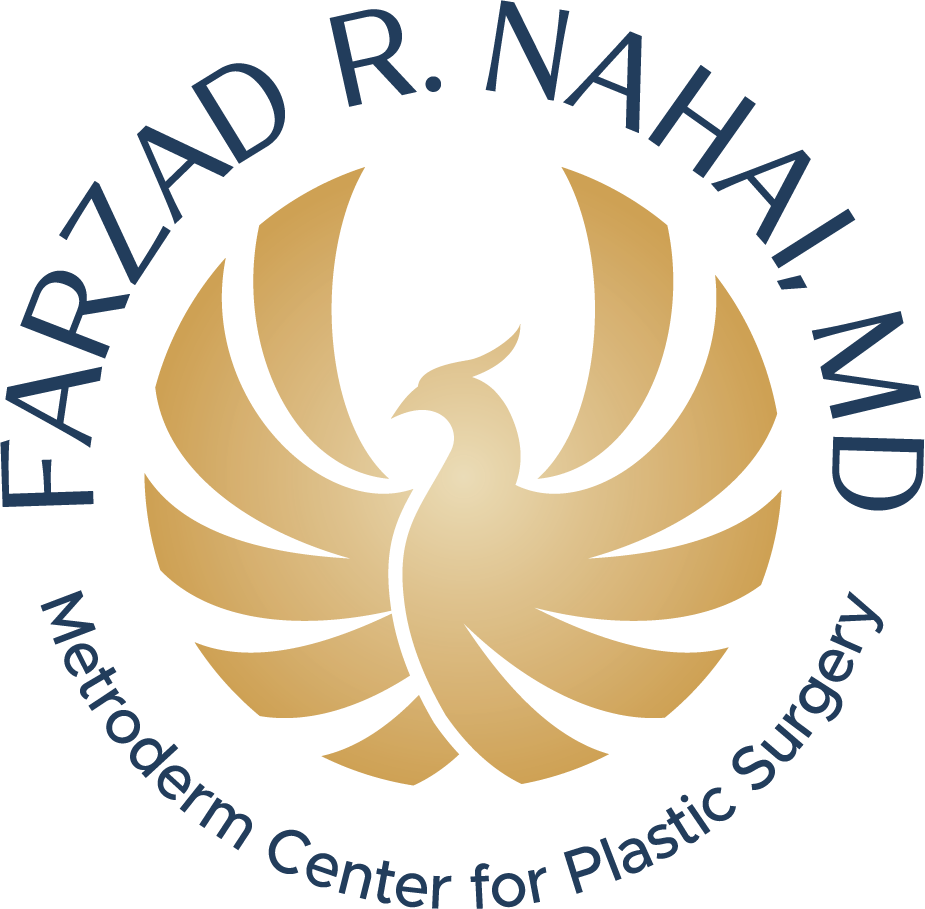POST-SURGICAL CARE
What to expect with your rhinoplasty surgery
Rhinoplasty surgery is done on an outpatient basis under general anesthesia. In addition to the nose itself, the eyelid region may become quite swollen and bruised. Only patients who have airway procedures at the same time will have nasal packing, which is removed in the first few days. There is usually some type of external splint which adheres to the nose; this is removed five to eight days after surgery. Any stitches inside the nose dissolve, while those externally are removed at the same time as the splint. The incisions are very well hidden across the columella, the fleshy structure between the nostrils, and internally in the nose. The final result may not be apparent for several months and it usually takes a full year to completely appreciate the final result.
